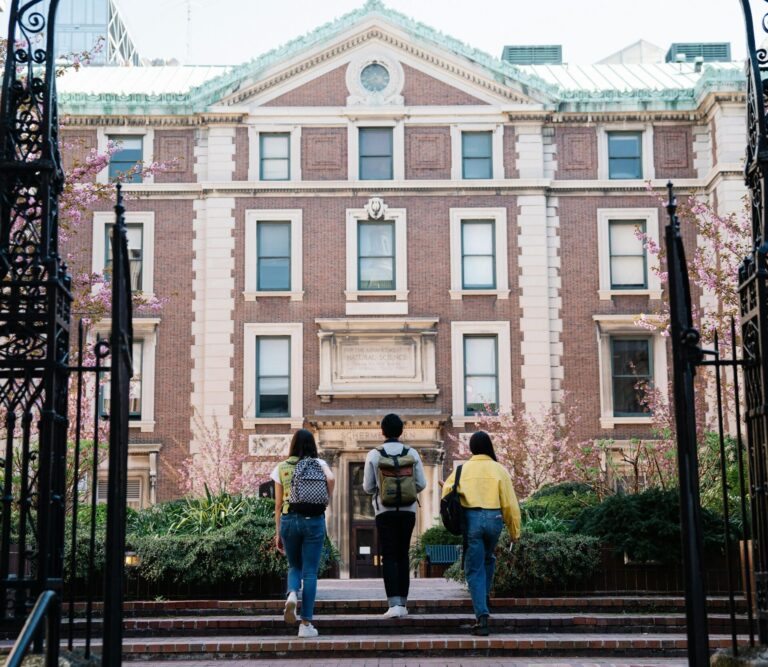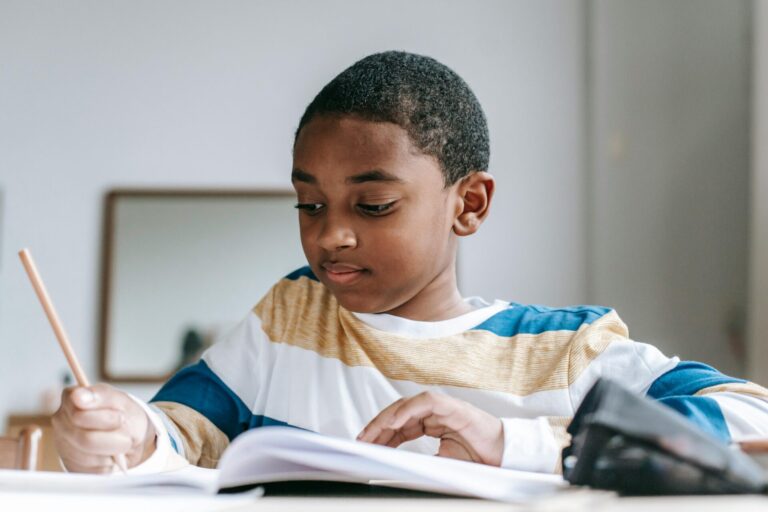Most parents are well aware that COVID – including school closures, stress, and sickness – caused learning disruptions. Now that school has resumed and life has mostly returned to pre-pandemic ways, the conversation about these learning disruptions and delays has gone quiet. After all, kids are back in school and working hard – surely they’ve caught up! Unfortunately, research is showing that this isn’t quite the situation playing out. In a recent article for The New York Times, Tom Kane, a professor of education and economics at Harvard, and Sean Reardon, a professor of education and sociology at Stanford, lay out just how far behind most kids still are – and how blissfully unaware most parents are.
Per Kane and Reardon’s article, by the fall of 2022 about 90% of parents believed that their children were either caught up or almost caught up on any learning they may have missed during the chaos of COVID. In short, most parents thought these educational gaps were a temporary problem – and now that COVID was behind us, these issues would resolve on their own. According to the authors’ research, however, these parents were wearing rose-colored glasses; “By the spring of 2022, according to our calculations, the average student was half a year behind in math and a third of a year behind in reading.”
While their research also showed something that most of us know – that students in low income and marginalized communities were hit hardest by these detrimental effects – it also shows that no one was safe from some sort of disturbance. Even students in the most affluent areas experienced major disruptions in their learning, and these delays are still there. While the length of school closure is directly correlated with how large the gap is, other factors like parental stress, death in the family, disruption in daily routine, and restricted extracurricular activities also played a role.
Kane and Reardon go on to explain that “catching up” is not as easy or straightforward as most parents might believe. “Especially in math, teachers build students’ understanding sequentially — from arithmetic to fractions to exponents to algebra. Schools have curriculums, and teachers have their lesson plans for each topic,” they write. Rushing through material, or skipping certain topics all together, is not often a feasible option. Because of the sequential nature of most schooling, kids who are ahead tend to remain ahead for years. Unfortunately, the same is true for kids who fall behind.
So, where do we go? The authors insist we cannot keep hoping for the best and assuming things will work themselves out. “If we fail to replace what our children lost, we — not the coronavirus — will be responsible for the most inequitable and longest-lasting legacy of the pandemic,” write Kane and Reardon. To resolve these delays, they say we must get creative… maybe that means adding a 13th year of school, a 6th school day each week, or remedial work over the summer. Enter The Enrichery. Our academic coaches are here all summer long to not only help you avoid the typical “summer brain drain,” but to also make up ground on any deficits or delays you may still have. Everyone – and I mean everyone – was impacted by the rollercoaster of the past few years, but those impacts don’t have to stick with us forever. Contact us today.





